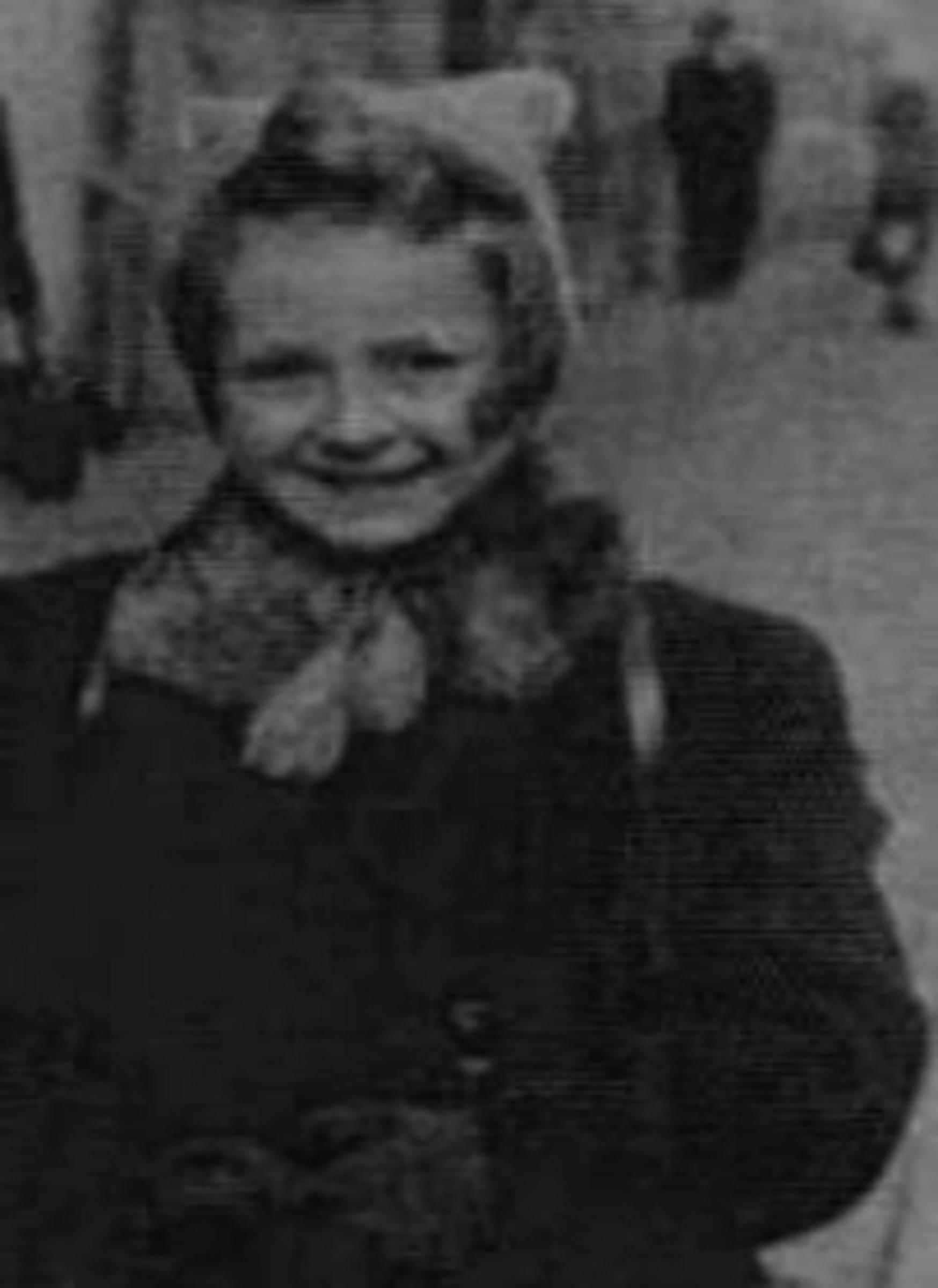I have always defended my students

Stáhnout obrázek
Dagmar Knorrová (née Marková) was born in 1937 in Uzhhorod in Carpathian Ruthenia where her parents had moved in search of work. After the Hungarian invasion to the area in 1939 the family was forced to leave their home and return to Bohemia where they lived until the end of the war. Dagmar‘s father found a job in an office in Louny in northern Bohemia, but he had to leave the position after the communist coup d‘état because he became politically inconvenient to the new regime. The family had to move again, this time to Duchcov near the state border, where Dagmar‘s father was transferred. Dagmar studied to be a math and geometry teacher, and later she graduated from construction and transportation at the Czech Technical University. After her graduation she was teaching these subjects at secondary schools.


